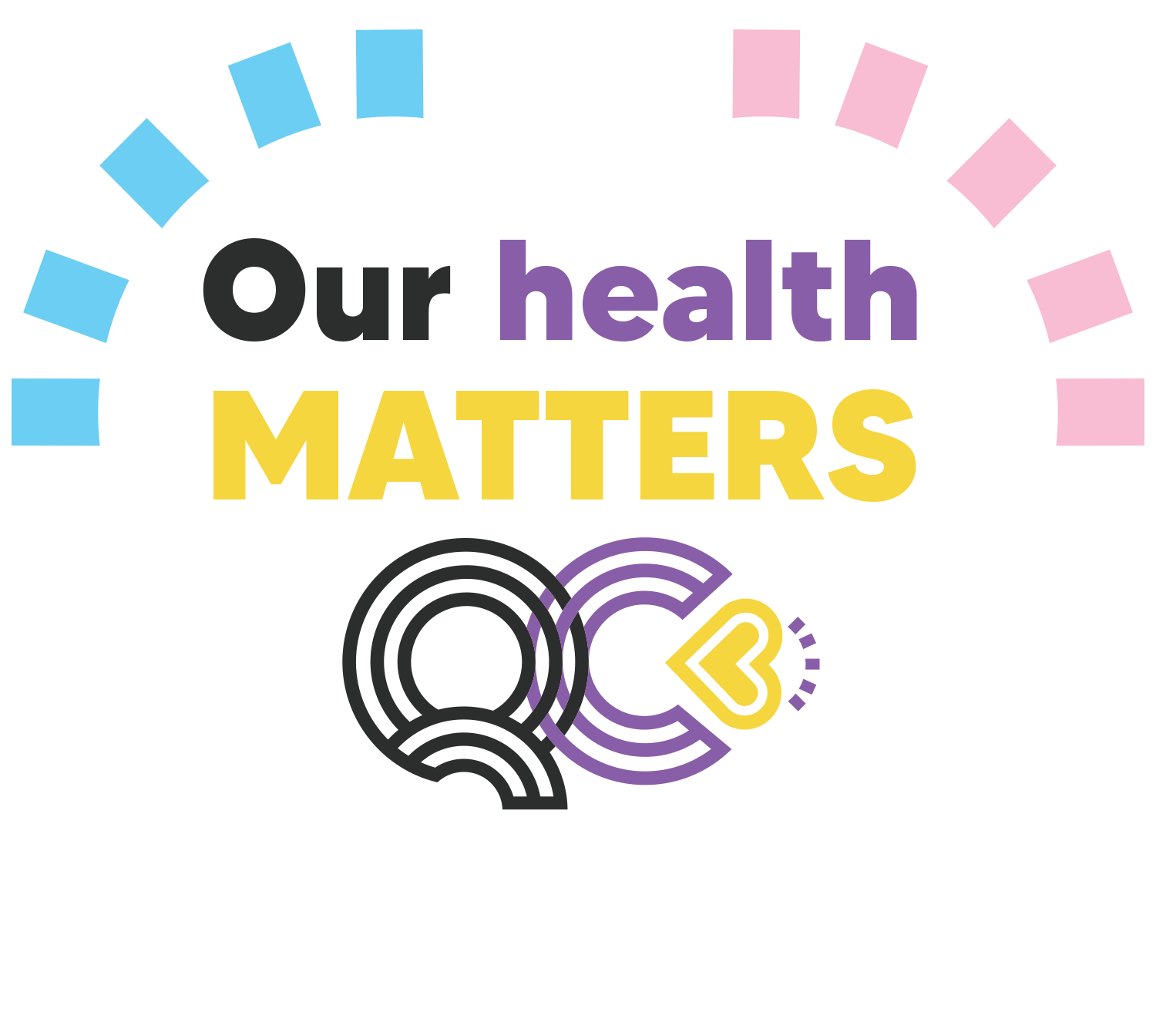
Gonorrhea
Gonorrhea is an STI caused by the bacterium Neisseria Gonorrhea. It is spread through unprotected sex (vaginal, anal, or oral) with someone who has the infection.
Gonorrhea can get into the urethra, anus, throat, cervix, and uterus and can lead to serious complications. The eyes can also become infected.
Some people do not know they have the infection because they may have no symptoms. If symptoms do occur, they usually develop a few days or around a week after the bacteria have been introduced into the genital area whilst having sex with someone who has Gonorrhea.
Some of the symptoms can include the following:
• A yellow discharge from the penis.
• Pain and burning sensation when passing urine.
• If the infection travels up the urethra, the testes may become swollen and sore.
• Crampy pain in the lower abdomen just above the pubic bone.
• A change in vaginal secretions.
• Pain and/or burning sensation when passing urine.
• Bleeding or spotting between periods and/or after having sex.
• Pain during or after sex.
• Enlarged and painful infected glands near the vaginal opening.
Rectal Infections
• Pain in the rectum.
• Discharge or mucus from the anus.
• Feeling of fullness in the lower bowel.
Throat Infections
• Sore red throat.
• Pus on the tonsils - however there may be no symptoms at all.
Sometimes, when people become infected with Gonorrhea, they may have vaginal or urethral discharge that goes away after a week or so. This does not mean the infection is cured. The only way to cure this infection is to obtain the correct treatment from your doctor, family planning or sexual health clinic.
Gonorrhea can infect the genitals, throat and rectum through unprotected sex with someone who has the infection.
The best way to avoid getting Gonorrhea is to practice safe sex, use a condom or dental dam when having vaginal, anal or oral sex. If someone has had unprotected sex they may be at risk of Gonorrhea.
Testing for Gonorrhea can be done by:
• Taking a urine sample which is sent to the laboratory for testing.
• Taking a swab from the cervix or vagina.
• Taking a swab from the urethral opening.
• Taking a swab from the anus from anyone who has had unprotected anal sex.
• Taking a swab from the throat (if required).
If someone finds out that they have Gonorrhea, then anyone with whom they have had sex within the past few months will also need to be tested and treated.
Advising sexual partners of their exposure is essential for their health and the health of any other people that they may have had sex with.
Gonorrhea can be effectively treated with a short course of antibiotics. Completing the treatment and any follow up examinations and tests is essential to make sure the infection has been cured.
You should not have sex for seven days after treatment as you could still pass the infection to a partner. To ensure you don’t get re infected make sure their partners are informed and treated.
If not, properly treated Gonorrhea can lead to Pelvic Inflammatory Disease (PID), which can lead to chronic pelvic pain, infertility, and ectopic pregnancy.
If not treated properly Gonorrhea can progress to the testes and thus lead to infertility. Gonorrhea infection increases the risk of HIV transmission.
+
-
+
-
+
-
+
-
+
-

